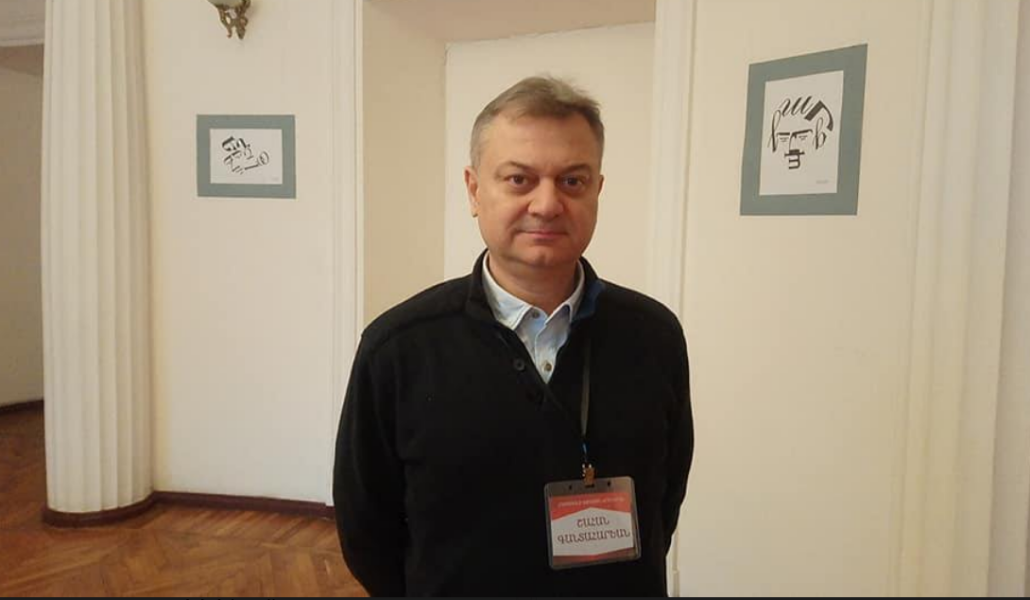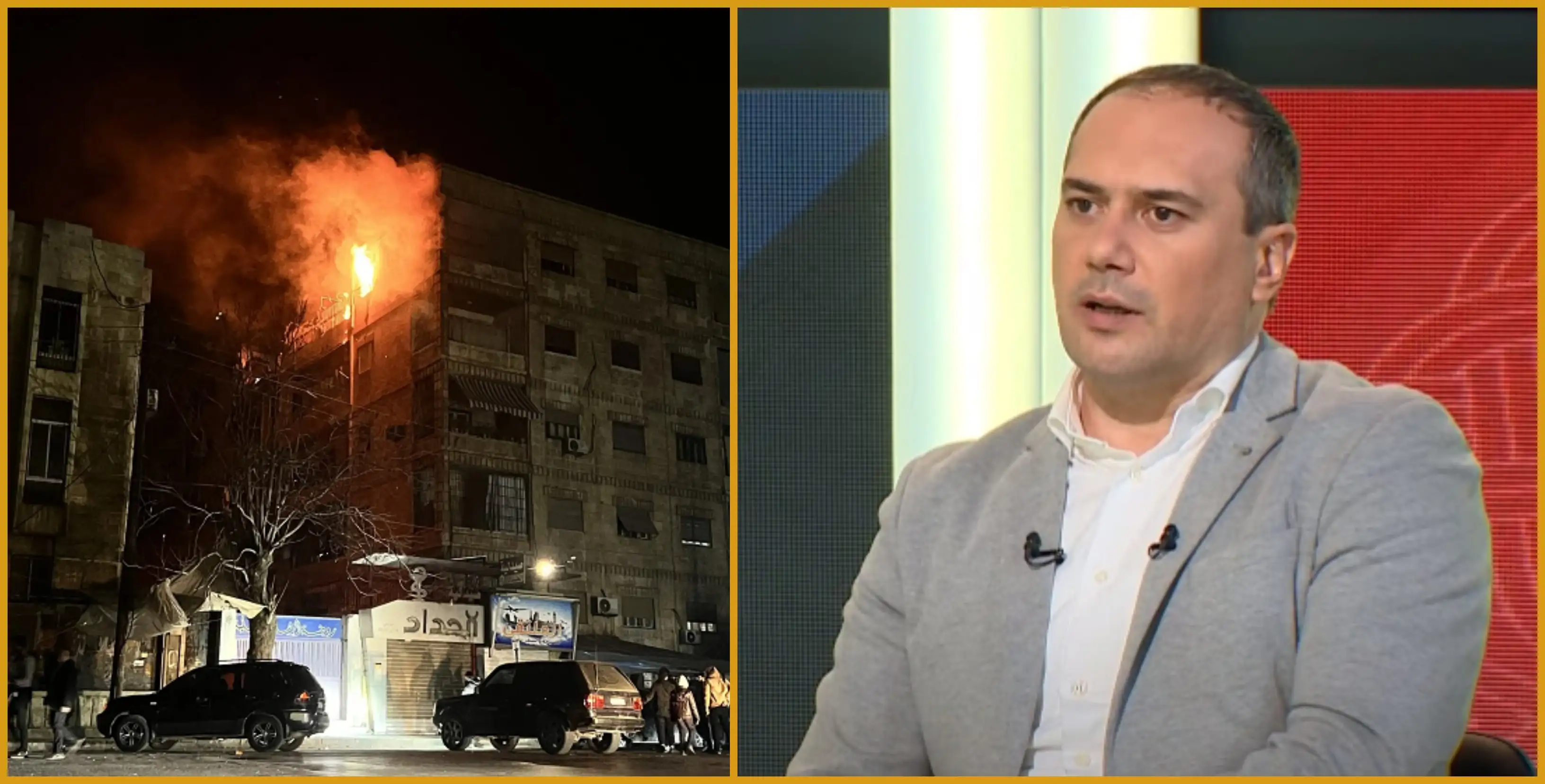Radar Armenia's interlocutor is international affairs expert Shahan Gandaharian.
– In recent days, the Iran-Israel conflict has been in the spotlight of international media. What is your comment on the course of the conflict? In your opinion, is there still a risk of escalation and escalating into a full-scale war?
– The hostilities are continuing. It is a tactical, informational war, and each side interprets its results in its way. I think both sides are trying to strike at objects of industrial and strategic importance. This format of military operations is being maintained. It is not yet visible that the war will become large-scale.
– The United States has so far refrained from overt intervention. How would you assess Washington's current position? According to the White House spokesperson, President Trump may decide on a possible attack on Iran in the next two weeks. What can we expect?
The two-week deadline is interesting, and it is being voiced not only by Washington but also by Israel and now Great Britain. It concerns the time-bound logic of neutralizing Iran's nuclear capability. Israel wants to involve the US in the war. The US announced its possible involvement, but so far, it has not participated. That will be a different level, which is not yet visible.
– Is it true that Tehran may agree to negotiations at a particular stage? What developments are visible in this direction? And, ultimately, what are the prospects for Iran's nuclear program?
Tehran has already started negotiations with the EU. It has refused to negotiate with the US on the nuclear dossier until Israel stops the attacks. Tehran is setting a precondition for the US to renegotiate the nuclear issue. However, the EU's negotiating and US rules are not significantly different. They are the same: to limit and deprive Iran of its nuclear capability. There will be negotiations on control mechanisms.
– What impact could the prolongation of this conflict between Iran and Israel have on the security environment of the South Caucasus, especially Armenia?
– Azerbaijan wants to take advantage of it, of course. Iran, however, threatens Azerbaijan if it provides Israel with a base to carry out operations against Iran. The situation in the South Caucasus will change when Israel and Azerbaijan jointly take that step. However, such an expansion will not occur if the current format of operations and borders are respected. Negotiations will resume, and Iran will be exempted from sanctions if it accepts American rules. Syunik is a vital point on the road for Iran. This is not related to current or future Iranian authorities.
– In this context, what expectations can we have from Prime Minister Nikol Pashinyan's visit to Turkey?
– I do not think there will be any turning point. An imitation of peace, security, and lifting of the blockade in the region, and that's it. The cart is still not moving. However, the prospect of closing the Russian bases is visible from afar if the border is opened. And this, at least for now, is conditioned by signing a peace agreement with Baku. The obstacles on this path have not been cleared. Therefore, a turning point will not be registered.
Arman Galoyan


















